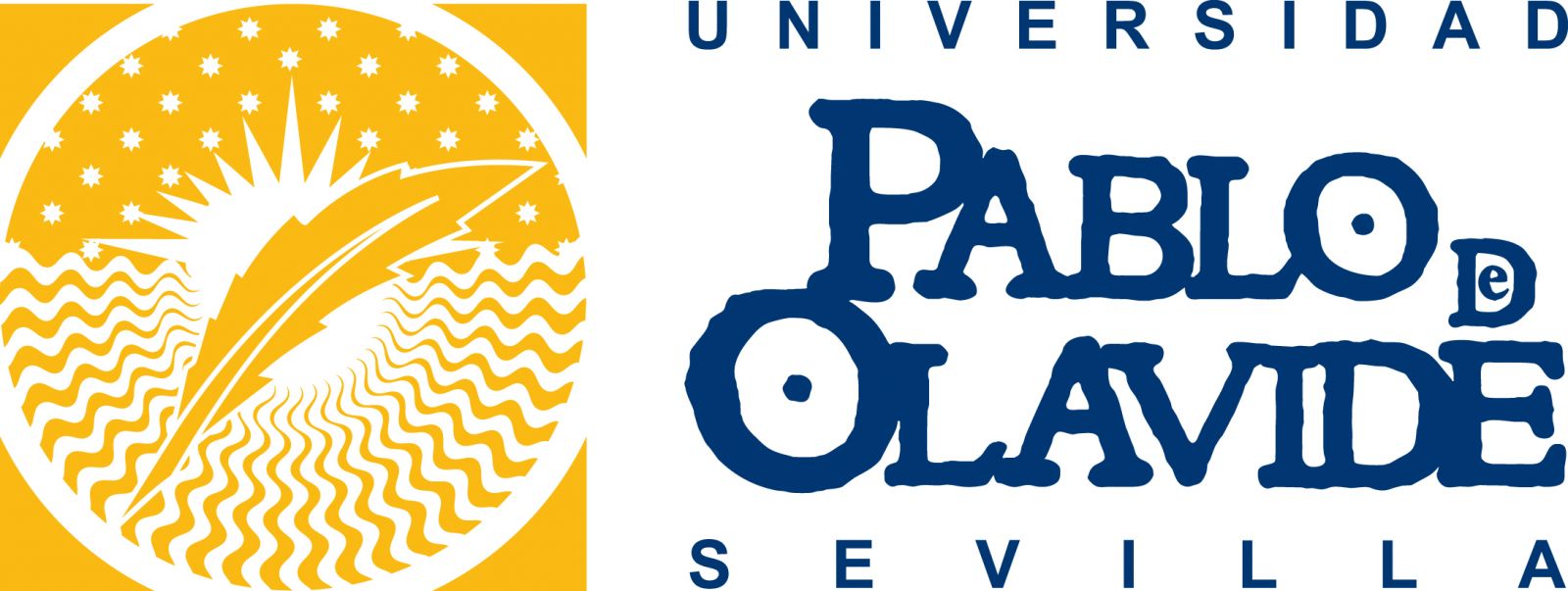This course aims to promote a space for interdisciplinary co-learning and practical application in community contexts and social groups where strategies for human dignity are needed. The Critical Approach to Human Rights (CAHR) goes beyond modern theory based on the Universal Declaration of Human Rights to situate violations as social, cultural and political facts that occur at the intersection between structural frameworks and situated events. Beyond a normative-legal perspective, the violation of rights has components that are dimensioned in aesthetics and ethics as events of production and daily proximity and of the subject's incorporated relationship with the realities lived in their daily lives and from which they experience situations of oppression and/or violation of human rights. This is the involvement of the artistic in Human Rights: in the deconstruction and reconstruction of these everyday events through a pedagogy that integrates Narrative Practises (NP), Artistic Practices (AP) and Participatory Action Research (PAR) and in the proposal of advanced knowledge production in the development of more egalitarian and democratic societies.
This course proposes specialised training in CAHR as a possible alternative to the violation of rights and from a different perspective to normative-legal rationality.
Thus, although the course includes the study and reflection of these approaches, it goes beyond their theoretical limits and moves on to the applied research of Human Rights materialised in everyday practice. To this end, the course pays special attention to methodology from an experiential and embodied dimension.
Course objectives
- To train highly qualified profiles in post-modern and innovative methodologies in the search for creative and participatory alternatives to different types of human rights violations;
- To implement the CAHR as a complement to applied research in contexts of exclusion, stigma and discrimination that require a transdisciplinary perspective;
- To constitute a space for critical reflection on the praxis of Human Rights today, based on the connections between Human Rights, Artistic Practises and Narrative Practises;
- To provide the necessary knowledge to design, programme and develop projects to raise awareness, prevent and intervene in contexts of human rights violations;
- To enable participants to find and develop their own artistic language in relation to the social issues of intervention and research that they are carrying out or intend to carry out.
Target audience:
This course is aimed at a broad professional and academic profile:
- Professionals in the areas of Social Sciences (Social Work, Social Education, Anthropology and Sociology), Legal Sciences (Law, Arbitration, Legal Advice), Health Sciences (Medicine and Nursing) and Education Sciences.
- Volunteers from the third sector (associations, NGOs, etc.) working in the field of social intervention and human rights.
- Professional artists and teachers interested in applying Artistic Practises and Narrative Practises in the field of raising awareness, prevention and valorisation of Human Rights.
Training methodology
Structured in three parts, the course combines distance learning (Modules I and II, lasting 14 hours and 10 synchronous hours respectively) and face-to-face training (Module III, lasting 20 hours, in Coimbra), to be held on the dates and at the times indicated in the Programme.
The course uses the following methodologies:
- Creative and participatory methodology: Based on a practical outline based on practical and/or professional cases and concrete situations that affect both research and intervention in the field of human rights. Participants will work on real projects or simulations that allow them to apply what they have learnt in practical situations.
- Experiential Learning Method: Based on learning through direct experience from creative corporeality and the search for aesthetics as a production of knowledge that goes from the subjective to the collective.
- Collaborative Teaching: Encourages teamwork for the co-creation of knowledge.
- Critical Reflection: Incorporates spaces where participants reflect on their learning, experiences and future implications in their research and/or intervention contexts.
- Personalised Mentoring: Offers individualised support to participants through mentoring sessions.
- Formative assessment: uses continuous assessment techniques that allow participants to receive constant feedback on their performance.
- Viewing of documentary archives of performances and/or Artivism, readings of case studies and testimonial texts in the field of human rights violations at an individual, collective and community level.
Modules I and II will be taught at a distance in synchronous mode (in real time), with transmission via the Zoom platform.
Module III will take place in Coimbra, at CES Sofia (Colégio da Graça - Rua da Sofia, n.º 136 - Coimbra).
Bibliographic support materials will be made available on the Moodle platform. Instructions on how to use the Moodle and Zoom platforms will be sent out before the course - all you need to use them is a computer with internet access and an up-to-date browser.
Registrations are accepted for the whole course or in modules.
The course will be held with a minimum of 15 participants.
A certificate of attendance will be sent at the end of the course.
Duration
Complete course - 44 hours
Module I - 14 hours distance learning
Module II - 10 hours distance learning
Module III - 20 face-to-face hours
Organisers
UNIFOJ – Centre for Social Studies of the University of Coimbra | unifoj@ces.uc.pt (+351) 239 855 570 / (+351) 914 140 187
Universidad Pablo de Olavide - Sevilla

Certified Training - Associate Laboratory - DL n.º 396/2007, de 31/12 | DL n.º 63/2019, from 16/05 | CES Statutes

